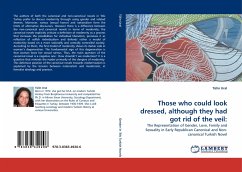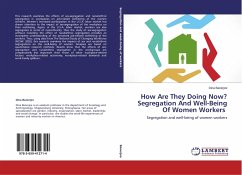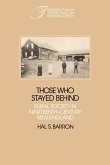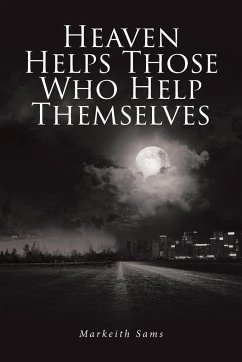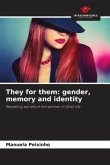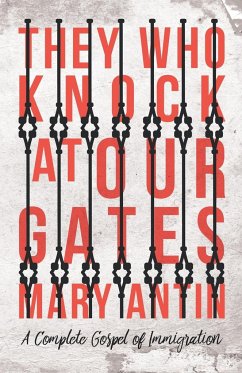The authors of both the canonical and non-canonical novels in '30s Turkey prefer to discuss modernity through using gender and related themes. Moreover, namus (sexual honor) and nationalism form the limits of alternative discourses. However there is a difference between the non-canonical and canonical novels in terms of modernity: the canonical novels explicitly criticize a definition of modernity as a process that increases the possibilities for individual liberation, perceives it as reflection of selfish individualism and defends rather a model of modernity based on a more rationally and centrally controlled society. According to them, the first model of modernity shows its darker side in woman s degeneration. The fundamental sign of this degeneration is that woman loses her sexual namus. Thus, the main question of the canonical novel is a negative one : How shouldn t we modernize? It is a question that reminds the reader primarily of the dangers of modernity. This defensive position of the canonical novels towards modernization is explained by the tension between nationalism and modernism, in Kemalist ideology and practice.

